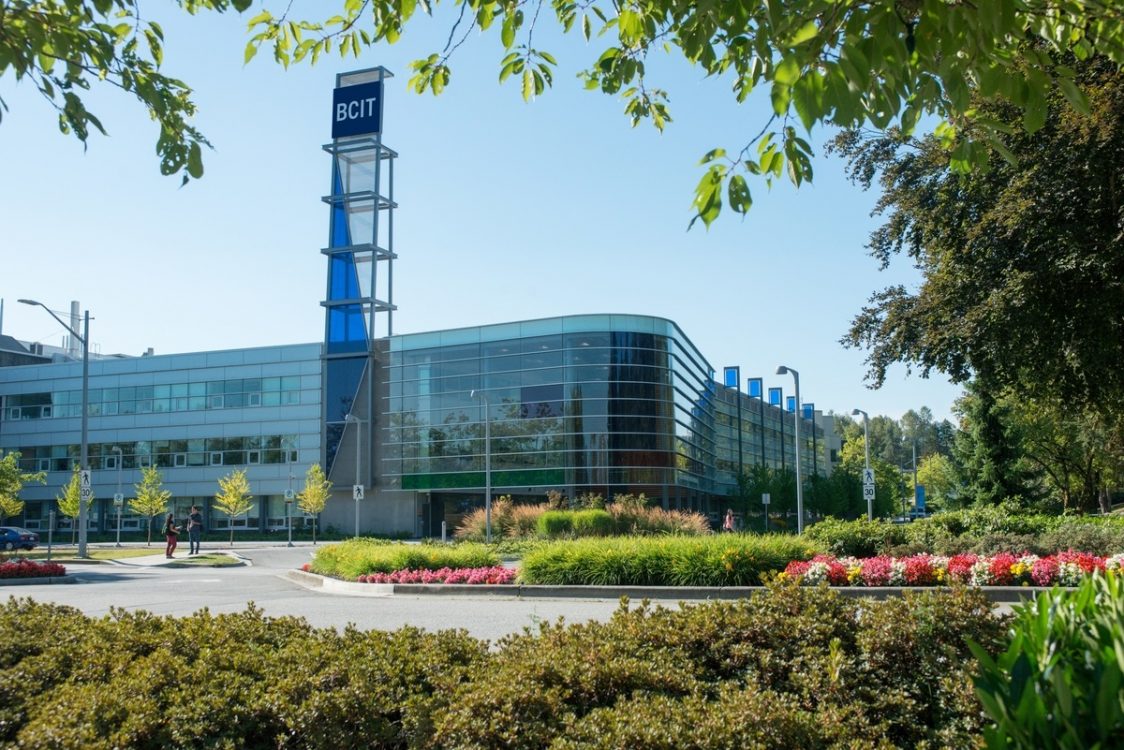Computing recently revealed the evolution of its longstanding Bachelor of Technology in Computer Systems to a Bachelor of Science in Applied Computer Science (BScACS), now open for Fall 2023 applications. Here’s a round-up of some of the changes, and how the new credential better meets the needs of both students and industry.
How will the new offering better meet the needs of students?
We knew that students preferred a universally recognized degree like the BSc. It allows domestic and international graduates to work both locally in Canada as well as internationally, thus enhancing career mobility.
It also provides the future option of laddering their academic studies more easily into a Master’s degree.
What’s changed?
The new BScACS has a stronger mathematical foundation, more advanced computing courses, and updated program goals. The program combines a robust computer science theoretical foundation with hands-on assignments and projects aimed to plan, analyze, design, implement, test, and maintain complex software systems, ranging from mobile applications to large information systems.
New core computing and mathematics courses include:
- COMP 7003 Introduction to Information & Network Security
- COMP 7012 Interaction Design
- COMP 7035 Operating Systems
- MATH 7808 Calculus for Computing
We also explicitly added a program goal to integrate sustainability into the design of software systems, so graduates can weigh and integrate environmental, economic, and societal needs in their work.
The program now has both more breadth and depth, as well as more elective flexibility.
What hasn’t changed?
This program is still the 3rd and 4th year of a typically 4-year undergraduate curriculum.
In the BCIT Computing model, we have a 2 + 2 model, two years for the Diploma, then two more for the Bachelor’s degree. So students need to enter the program having completed the Computer Systems Technology (CST) Diploma, or equivalent.
In the BScACS, students will still gain theoretical knowledge and additional practical skills to advance their career path beyond their diploma.
Has the format evolved?
While the new program is developed to maximize the use of new technologies, including best use of hybrid delivery models, the format remains essentially the same.
We know that many of our students find work after completing their Diploma and prefer to work while studying part-time. So we will continue offering the program both full-time and part-time.
For those who want to study full-time, we still have specialization options in Games Development and Network Security Applications Development.
The Flexible Learning, or part-time, program will include Database, Human Computer Interface, Network Security Applications Development, and Wireless and Mobile Applications Development options.
How will industry benefit from the Bsc?
Industry partners indicated that they strongly support this change. The computing field has become more complex, and industry requirements are changing. Many more sectors need to hire graduates with a BSc designation.
Our program will continue to emphasize the core skills needed for modern professionals, like communication, leadership, and collaboration. And at its core, the program is still built on strong computing fundamentals and the ability to solve applied problems.
What is exciting about where grads from the new BScACS will be headed?
There are so many amazing and evolving areas of application for advanced computing across all sectors, from health to natural resources, from clean tech to transportation infrastructure. Our grads can work anywhere on the systems on which we all depend. The possibilities, and their potential impact, are endless.
Subscribing to our Tech-It-Out quarterly newsletter is one of the best ways to keep up with the latest from BCIT Computing.

Exciting to see sustainability factored into this new credential. Sustainability challenges us to think about the impacts of technology innovation on people and the natural world.
Will this program provide opportunities for graduates to apply for a master’s in computer science at universities?
Yes, making that ladder simpler is part of the goal of this revision. Of course, the entry requirements are set by individual receiving programs, so need to be checked with the program you’re applying to (and stay tuned for possible news from BCIT Computing on the Masters front!).
Hi,
My son graduated with degree in December of 2022. How can he have his tech changed to BSc? He’s literally only missing the calculus class mentioned above. Please advise.
Hello Cindy,
Thank you for your question.
Unfortunately we are unable to rescind a previously conferred credential and offer a different one in its place. The program has undergone significant renovation and approvals so it is not a matter of just one course change. I’m sorry a retroactive change is not possible.
Best Regards,
Cynthia for BCIT Computing